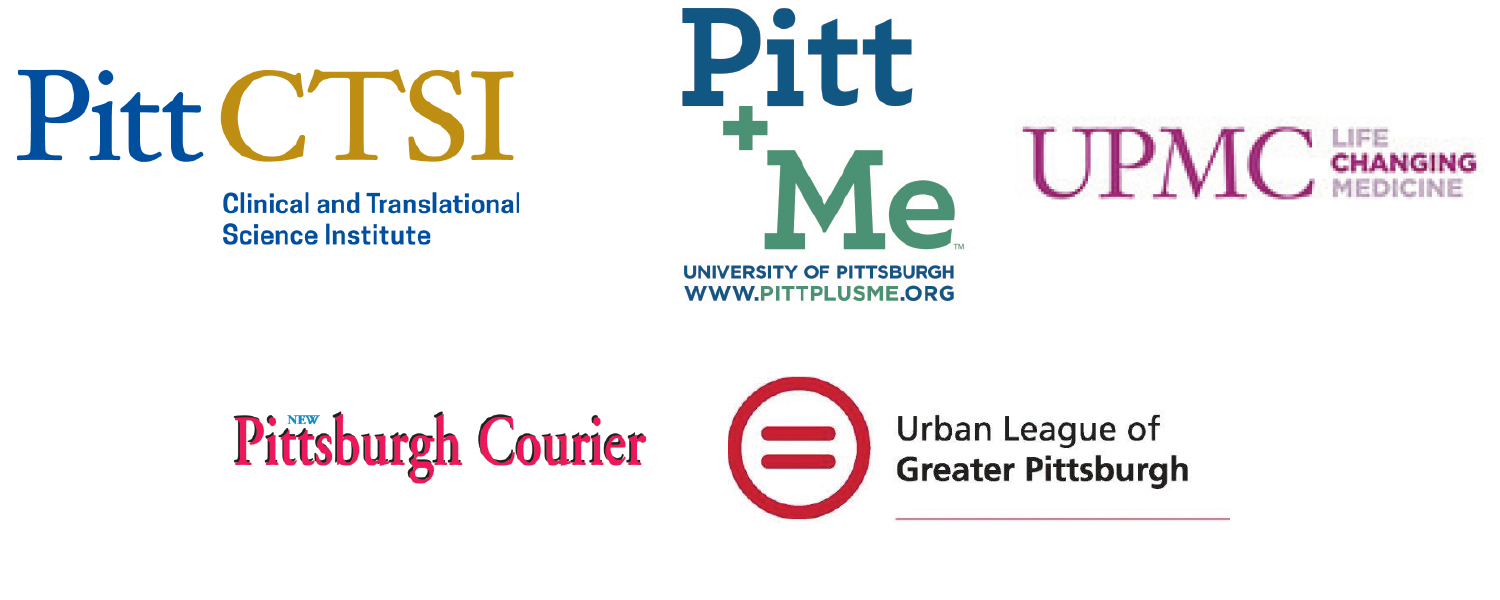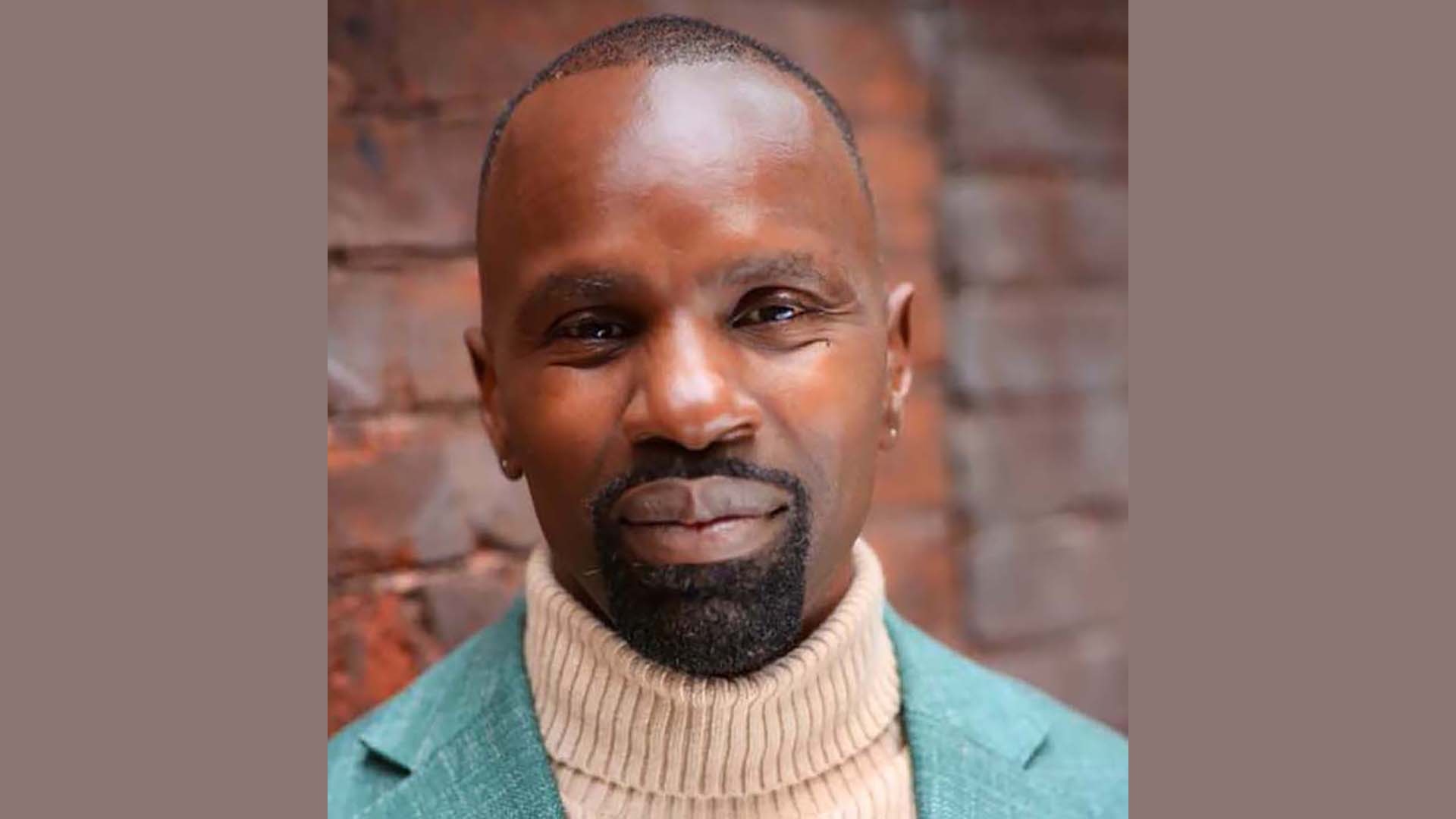CARLOS T. CARTER
This month’s Take Charge of Your Health Today focuses on food insecurity and the profound impact on our health — including a disproportionate burden on Black families. As you’ll read, Carlos Carter, head of the Urban League of Greater Pittsburgh, and his team tackle this disparity head on.
Q: Carlos, the Urban League has been at the forefront of addressing food security and related supports. Would you share some of that history?
Carlos: Hunger and housing stability go hand in hand, so we’ve always operated an emergency food pantry (a pantry of last resort) that serves Allegheny County. Because of our location in downtown Pittsburgh, we can provide low-maintenance food products for unhoused people, as well as hygiene kits, diapers, and baby formula.
For many years, we’ve handled the Supplemental Nutrition Assistance Program (SNAP/food stamp) outreach in Beaver, Butler, Lawrence, Greene, Mercer and Washington Counties. The program works with community gardens in Homewood, with additional assistance from United Health Care, Presbyterian Senior Care, Bethesda Boy Scouts, Bidwell, and Giant Eagle. Together, we’ve executed an intergenerational gardening and healthy eating and cooking program.
At Westinghouse High School, we established an in-school snack cupboard and monthly food deliveries for families whose children attend the school.
Each year, we hold our Annual Thanksgiving Distribution (ATD), which features a health and human services fair. Supported by our partners, ATD provides holiday “fixins,” such as a vegetable box, gift card for a meat purchase — plus the opportunity to receive vaccines and eyeglasses, blood pressure and diabetes testing, dental exams, and mammograms. Community partners from Allegheny, Beaver, Lawrence, Greene, and Washington counties help us organize and serve over 900 attendees at the David Lawrence Convention Center.
It’s clear to all of us that food insecurity must be addressed on more than one level, so we support the federal farm bill, which assists Black farmers and contributes to SNAP, childcare food programs (such as out-of-school meals for children), and senior food boxes.
Q: That’s a lot of good work! Food insecurity is also linked to economic injustice and negative mental, physical, and emotional effects. Would you highlight programs the Urban League offers to help address economic stability?
Carlos: Our Urban Senior Jobs Program and Urban Tech Jobs Program improve skills that helps clients obtain life-sustaining employment.
Our Opportunity Brokers focus on removing barriers to employment by offering to clients training and financial support for uniforms, daycare, transportation, and rent, if necessary.
Our Family Support Centers ensure that a household meets its living expenses and has food on the table for every member.
All this work with families is part of our initial assessment and guides our service plan.
Whether it’s senior jobs, youth leadership, tech jobs, rental and mortgage assistance, or family support programs, the Urban League of Greater Pittsburgh provides methods to guide its clients toward a path of economic self-sufficiency. Our long-term goal is to stabilize our clients’ housing and employment — and develop a path to homeownership and generational wealth.


